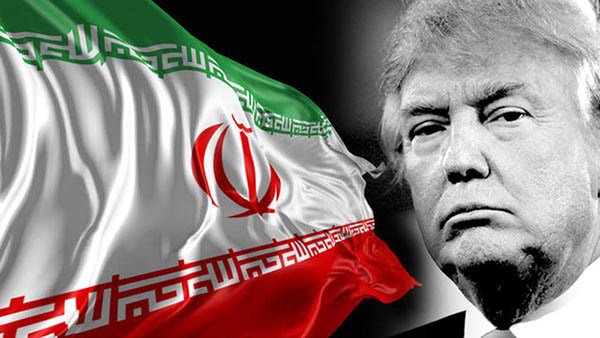Iran expands its war on messaging apps and social media
إيران توسع حربها على تطبيقات المراسلة ووسائل التواصل الاجتماعي
Dr. Majid Rafizadeh/Arab News/May 16/18
The Iranian regime is taking extensive measures and intensifying its efforts to crack down on the population. One of the methods that the state’s apparatuses are heavily resorting to is waging a nuanced war against social media platforms, specifically messaging apps. Developing new filtering software, blocking access, hacking, and censorship are rife, and utilized as powerful means by the Iranian authorities to further restrict the use of messaging apps. The regime is also currently preparing to totally shut down the messaging app Telegram nationwide.
The regime’s target is mainly the youth. Iran’s population is approximately 80 million, and 60 percent are under 30 years old. In comparison to the older generation, Iran’s young people rely heavily on messaging apps.
The preparations to shut down Telegram are significant due to the fact that it is by far the most popular messaging app in Iran, and is mainly used by the youth. Approximately 40 million Iranians use Telegram — that is half of the population and 20 percent of all Telegram’s users across the world.
Iran’s Supreme Leader Ali Khamenei and other leaders have recently spoken against foreign social networks and advocated for a domestic social network.
Telegram has become popular in Iran for several reasons. First of all, the regime previously threw obstacles such as filters against downloading and using other messaging apps such as Viber and WhatsApp. This is most likely because, unlike Telegram, these other apps are made in the US or other Western countries. From the Iranian leaders’ perspective, since Telegram was made by Russians and since Moscow is Tehran’s ally, they could have access to users’ data when they needed it — although the Iranian regime was proved wrong in this regard.
Iran’s Supreme Leader Ali Khamenei and other leaders have recently spoken against foreign social networks and advocated for a domestic social network. But there exists a noticeable paradox and hypocrisy in the sense that, while Iranian officials strongly call for blocking foreign social media outlets, many of them continue to use them.
On the other hand, if the Iranian regime could have blocked access to all forms of online communication and messaging apps without inflicting damage on itself, it would most likely have done so by now. But such a measure could have severe repercussions.
First, the regime would have to block everyone from using social media networks, including its own organizations, which rely on them to better organize, coordinate and inform each other of possible protests. Secondly, if all messaging apps were blocked, the regime would be incapable of spying on the population and detecting anti-regime movements, opposition groups and dissidents. Third, such a drastic measure would cause an international outcry and widespread public backlash against the ruling mullahs.
As a result, since it is impossible for the regime to block all forms of internet communication, the Iranian authorities would rather allow people to have access to some social media platforms, preferably domestic ones, in which the regime can control and monitor users’ content and data. Nevertheless, Iran is known to have one of the most technologically savvy populations in the region. Whenever the regime develops filter software and censors a social media network, the younger generation creates specific anti-filtering software or uses proxies and VPNs to bypass the restrictions.
When it comes to blocking information, social media networks, messaging apps and online communication tools, the regime appears to be fighting a losing battle with the younger generation.
*Dr. Majid Rafizadeh is a Harvard-educated Iranian-American political scientist. He is a leading expert on Iran and US foreign policy, a businessman and president of the International American Council. Twitter: @Dr_Rafizadeh






















